Raw milk, often touted as a wholesome natural beverage, is surrounded by numerous myths that can lead to confusion about its true benefits and risks. In this blog post, we delve into 14 common misconceptions about raw milk, providing clarity and factual insights to help you make informed decisions. Understanding these myths is crucial for consumers seeking truth amidst the noise. Each myth is explored in detail, offering a balanced view of what raw milk represents in today’s dietary landscape. Join us as we uncover the facts behind the myths.
Myth 1: Raw Milk is Always Safer
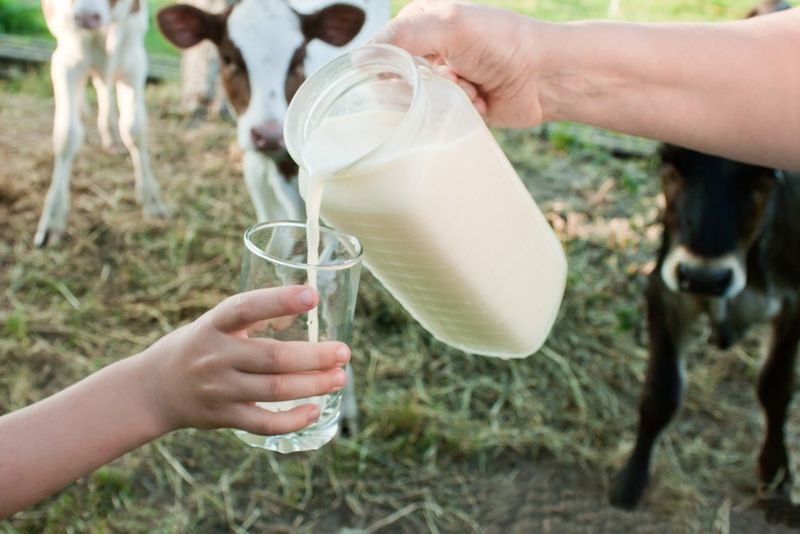
Many people believe raw milk is inherently safe because it’s natural. However, its safety depends on the handling and production process. Raw milk can harbor harmful bacteria, which pasteurization is designed to eliminate. Therefore, safety isn’t guaranteed by its raw state alone.
Individuals must consider the source and ensure proper hygiene practices are followed to minimize risks. Education on these practices is essential for safe consumption.
Ultimately, while raw milk can be safe, assuming it always is without proper precautions can lead to serious health issues.
Myth 2: Raw Milk Contains More Nutrients
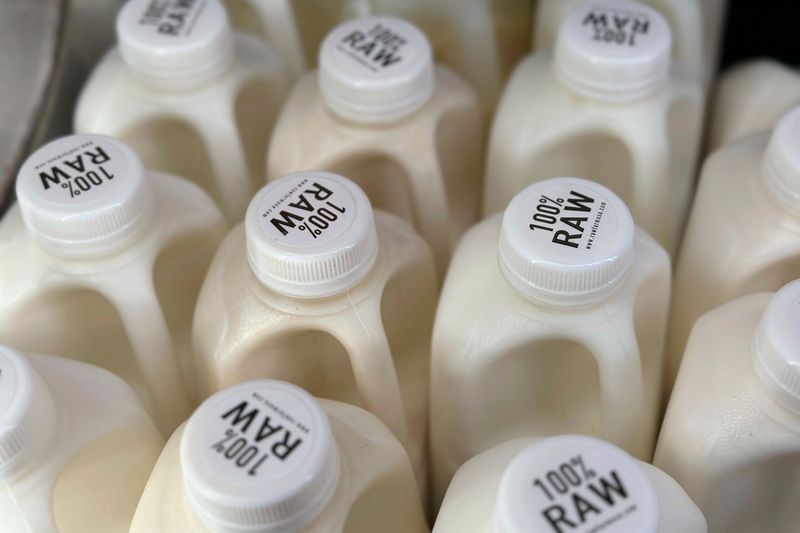
A popular myth is that raw milk is nutritionally superior to pasteurized milk. While pasteurization slightly affects some vitamins, the overall nutrient profile remains similar.
Most of the essential nutrients such as calcium and protein are preserved during the process. This myth often overlooks the potential health risks eliminated through pasteurization, which can outweigh the minor nutrient loss.
Thus, the nutritional advantage of raw milk is often exaggerated, with safety being a more pressing concern. Consumers should weigh these factors when considering their choices.
Myth 3: Raw Milk Boosts Immunity

Drinking raw milk is often associated with enhanced immunity. This belief stems from the idea that natural bacteria in raw milk can boost immune responses.
However, scientific evidence supporting this claim is scarce. Consuming raw milk can introduce harmful pathogens, potentially compromising health instead.
For those seeking immune benefits, safer alternatives exist, such as a balanced diet and vaccines. It’s crucial to discern myth from fact to avoid unintended health risks associated with raw milk.
Myth 4: All Raw Milk is Organic
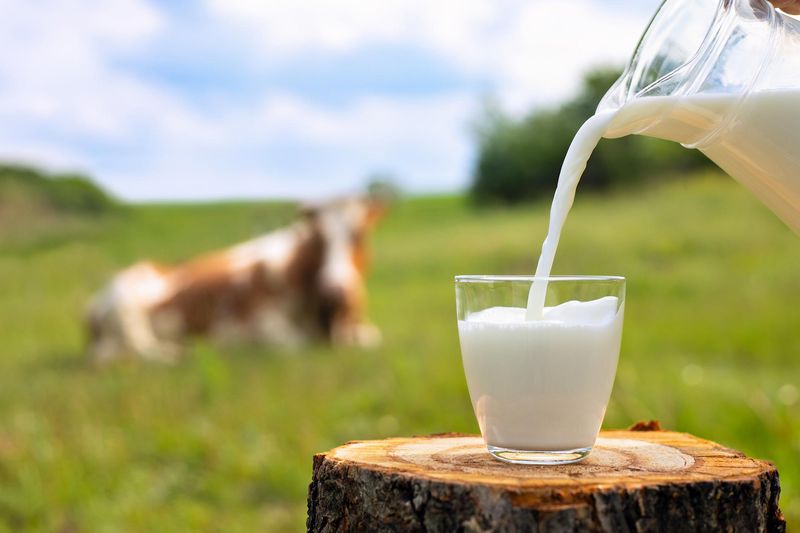
The misconception that all raw milk is organic is widespread. Organic certification requires specific farming practices, which not all raw milk producers adhere to.
While raw milk might come from cows on organic farms, it isn’t inherently organic without certification. This myth can mislead consumers into assuming all raw milk adheres to organic standards.
Understanding the difference between raw and organic milk is essential for making informed choices. Always look for official organic certification if that’s a priority in your dairy selection.
Myth 5: Raw Milk Cures Lactose Intolerance

There’s a belief that raw milk can help those with lactose intolerance digest it better. The idea is that enzymes in raw milk assist in breaking down lactose.
However, scientific validation is lacking. While some individuals report fewer symptoms, it isn’t a universal solution. Raw milk still contains lactose, which can be problematic for intolerant individuals.
Consulting with healthcare professionals is advisable to find suitable dietary options. Relying on raw milk could lead to discomfort without guaranteed benefits.
Myth 6: Raw Milk Helps with Allergies

The notion that raw milk alleviates allergies persists among some. Proponents suggest natural compounds in raw milk fight allergens.
Yet, scientific evidence supporting these claims is limited. Raw milk can expose individuals to allergens and pathogens, potentially worsening allergies.
For managing allergies effectively, it’s best to consult medical experts and explore proven treatments. Relying on raw milk without evidence could exacerbate health issues rather than resolve them.
Myth 7: Raw Milk is Better for Skin Health
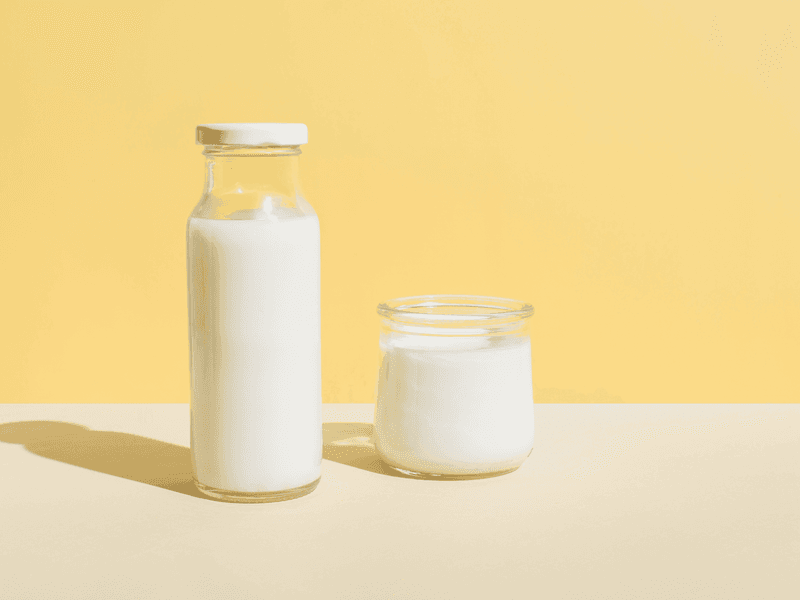
Raw milk is sometimes touted as a skincare miracle, believed to enhance skin health. People think its natural fats and vitamins create a glowing complexion.
While it contains beneficial fats, the risk of bacterial contamination makes its topical use questionable. Alternatives like pasteurized milk or commercial skincare products offer safer solutions.
Considering health and safety, it’s wiser to opt for proven skincare methods. Applying raw milk may lead to skin irritations instead of the desired benefits.
Myth 8: Raw Milk is Easier to Digest
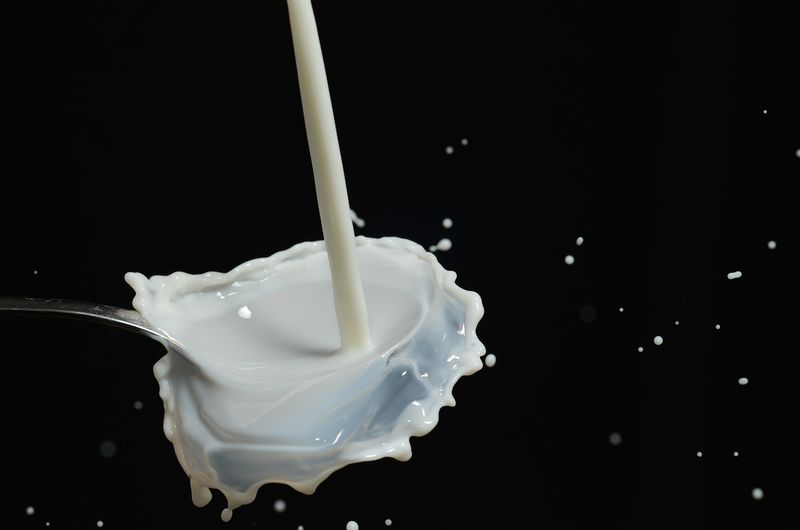
Raw milk enthusiasts often claim it’s easier to digest due to natural enzymes. These enzymes are thought to aid digestion more effectively than pasteurized milk.
However, there’s little scientific evidence to substantiate these claims. Pasteurization doesn’t significantly alter digestibility for most people.
For those with digestive concerns, it’s advisable to seek professional guidance rather than rely solely on raw milk’s alleged benefits.
Myth 9: Raw Milk is a Proven Remedy for Asthma
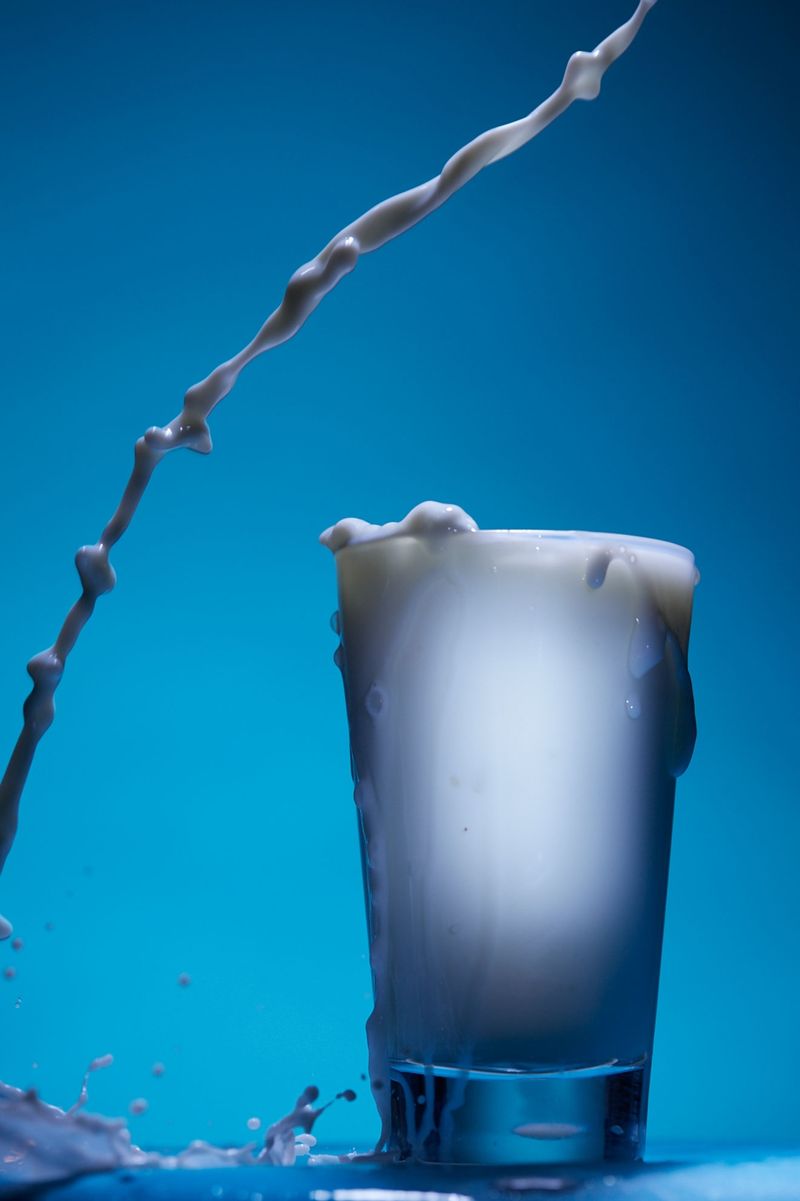
Some suggest raw milk can treat asthma, believing its natural composition alleviates symptoms.
Yet, scientific support for this claim is minimal. Modern medicine provides established treatments for asthma that are more reliable.
Using raw milk as a primary remedy could delay effective treatment options, posing risks to respiratory health. Consulting healthcare providers ensures proper asthma management.
Myth 10: Raw Milk is More Digestible

The idea that raw milk is more digestible than pasteurized milk is prevalent. Its natural enzymes are often credited for aiding digestion.
However, scientific consensus doesn’t support this claim. Pasteurization minimally impacts digestibility.
For those experiencing digestive issues, considering dietary adjustments or consulting a nutritionist may be more effective. Depending on raw milk for digestion benefits can be misleading and insufficient.
Myth 11: Raw Milk Improves Bone Health

It’s often claimed that raw milk enhances bone health more than pasteurized milk. The belief is linked to its nutrient-rich profile enhancing calcium absorption.
Yet, pasteurization doesn’t significantly reduce milk’s calcium content or its impact on bone health. Regular consumption of calcium-rich foods, not just raw milk, supports strong bones.
Relying solely on raw milk for bone health is unnecessary when balanced diets provide sufficient nutrients. It’s vital to understand the broader nutritional context for maintaining bone strength.
Myth 12: Raw Milk is a Natural Antibiotic

There is a notion that raw milk acts as a natural antibiotic, aiding in fighting infections.
However, this myth lacks scientific backing. Raw milk can harbor bacteria and pathogens, potentially causing harm rather than preventing it.
Real antibiotics and medical treatments are necessary for combating infections effectively. Trusting raw milk for antibacterial properties is risky and unsupported by evidence.
Myth 13: Raw Milk is a Traditional Superfood
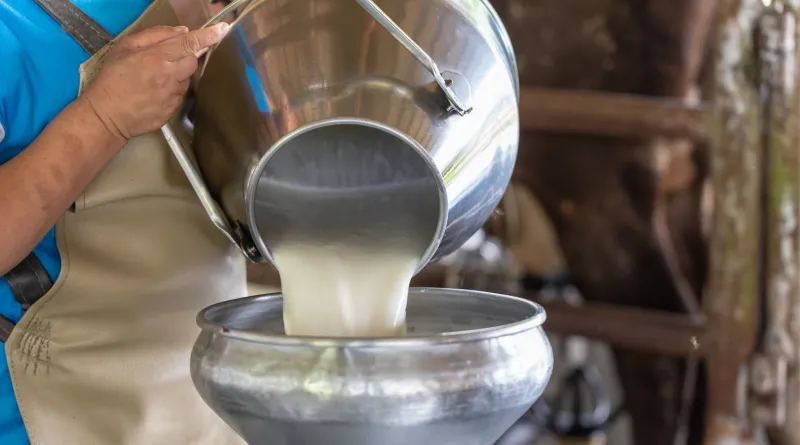
Raw milk is sometimes revered as a traditional superfood, believed to offer extensive health benefits.
While it was a dietary staple historically, modern understanding recognizes both its benefits and risks. Pasteurization was introduced to reduce health risks from raw milk consumption.
Acknowledging its historical context is essential, but relying on raw milk as a superfood overlooks advancements in food safety and nutrition.
Myth 14: Raw Milk is Safer for Infants

Some believe raw milk is ideal for infants due to its natural state. Yet, infants are particularly vulnerable to pathogens present in raw milk.
Authorities recommend pasteurized milk or formula for infant nutrition, ensuring safety and health.
Relying on raw milk for infants poses significant health risks. Informed choices about infant nutrition prioritize safety above all.
Leave a comment